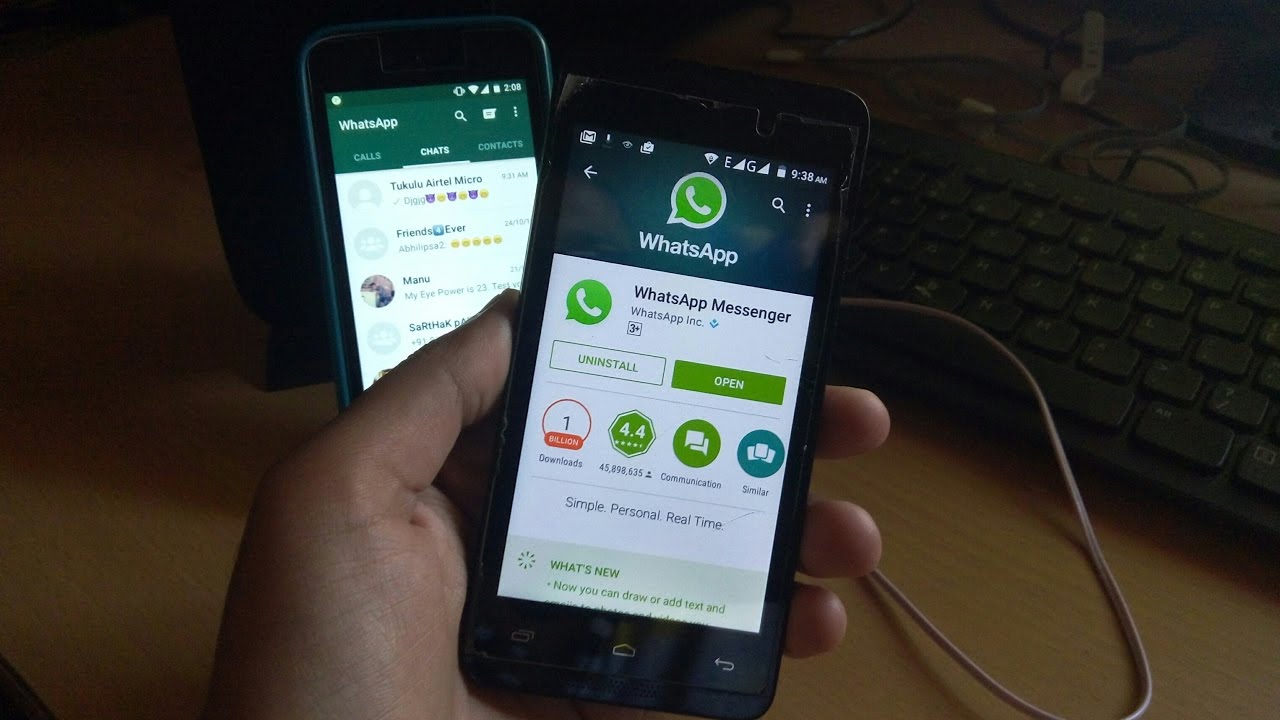Google AMP, Facebook Instant Articles, Apple News: Is this the future of Web Publishing?
Over the years, we have seen a tremendous growth in mobile web. At the end of 2014, comScore reported that 60% of all online activities are done via mobile. By 2017, we should expect mobile browsing to go as high as 70%.
Given that you are likely to be part of the 60% who use mobile web, you must have tried to read an article on your phone only to give up because the article is taking ages to load? Well, it could be once or a couple of times you have had such an experience. Reading an article that takes ages to load can be frustrating to visitors and it's one thing that keeps webmasters awake trying to optimise websites and reduce the load time.The loading headache that websites give to users could be the reason for the introduction of these three technologies: that's Facebook Instant Articles, Google AMP and Apple News.
Facebook Instant articles allow publishers to have control over what to publish. Publishers can sell ads within the article and keep 100% of the revenue. They can also take advantage of Facebook Audience Network and maximise on their total revenue. There is also an allowance of customising articles to match up to a publisher's brand identity. Instant Articles currently are available to everyone who uses Facebook on iPhone, and beta testing for Android is underway.
AMP on the other hand stands for Accelerated Mobile Pages. The idea around AMP is to try and optimise the web and make articles load faster.
The difference between Facebook Instant Articles and AMP is that, Facebook Instant Articles keeps it's users within Facebook Ecosystem. Facebook users will not have to move out of Facebook in order to read your content while Google AMP is an open source project thus allowing anyone to contribute to it's development. This means that the technology has been made along common standards whose aim is to improve performance of the mobile web.
Apple too are not left behind as they are developing Apple news. It promises a faster, better experience for users and publishers can keep all the revenue for adverts they sell or a 70% cut of what is sold by Apple. Apple News' revenue model is more or less similar to that of Facebook.
What publishers need to ask themselves is that, what is the future of mobile web to them?
If you look at the 3 technologies, they are likely to reduce the cost of running a website thus increasing the bottom line. Another advantage is that they offer a great mobile storytelling experience to the user through quick loading of articles that are optimised for mobile.
On the downside, online presence of most publishers brands/websites will be threatened thus deminishing with time and their influence swallowed by the 3 tech giants.
However the relationship could be both ways. Facebook Instant Articles and Apple News rely heavily on publishers for their success. So, as much as publishers won't have much influence, they will still dictate content shared on the 2 platforms.


